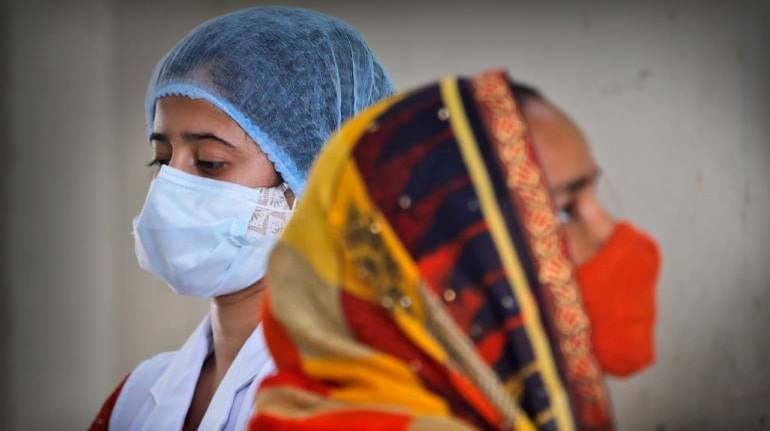
The government has started close monitoring of exports of products used to deal with Covid infections such as PPE kits, masks, ventilators and certain medicines like paracetamol on account of rising infections in various countries, including China, an official said.
The move is aimed at dealing with any possible emergency situation on account of a spurt in coronavirus cases.
"We are keeping a close watch on exports of all these products. We are monitoring the situation to take appropriate decisions, though the situation at present is not alarming. We should be prepared for everything and for that our domestic requirement should be ready," the official said.
"We have started collecting data on a daily basis for monitoring purposes for products like PPE kits, syringes, gloves, certain medicines like Remdesivir and paracetamol," the official added.
The issue came up at a recently held inter-ministerial preparatory meeting attended by senior officials from different ministries including commerce, Department for Promotion of Industry and Internal Trade, health, and textiles.
In 2020, to deal with the outbreak of the pandemic, the government had imposed restrictions and prohibitions on exports of products such as PPE kits, sanitisers, gloves, testing kits, syringes, Remdesivir and formulations made from paracetamol.
Official sources on Wednesday cautioned that the next 40 days will be crucial as India may see a Covid surge in January.
As Covid gets back on the radar with a surge in China and people worry about another wave in India, some scientists have called for a reality check.
The government has already sounded an alert and asked states and Union Territories to prepare for any eventuality.
Following the surge, the government made random coronavirus testing mandatory for two per cent of passengers arriving in each international flight from Saturday.
Prime Minister Narendra Modi and Health Minister Mansukh Mandaviya have held meetings to assess the country's preparedness to deal with a fresh surge in cases.
Mock drills were held at health facilities across India on Tuesday to check operational readiness to deal with any spurt in COVID-19 infection, with Mandaviya saying the country has to remain alert and prepared as cases are rising in the world. The latest spike in cases is being driven by Omicron sub-variant BF.7.
China has been witnessing thousands of cases daily in the last few weeks. On Wednesday, India logged 188 new coronavirus infections with a daily positivity rate of 0.14 per cent and the weekly positivity rate recorded at 0.18 per cent, the Union Health Ministry has said.
Discover the latest Business News, Sensex, and Nifty updates. Obtain Personal Finance insights, tax queries, and expert opinions on Moneycontrol or download the Moneycontrol App to stay updated!
Find the best of Al News in one place, specially curated for you every weekend.
Stay on top of the latest tech trends and biggest startup news.